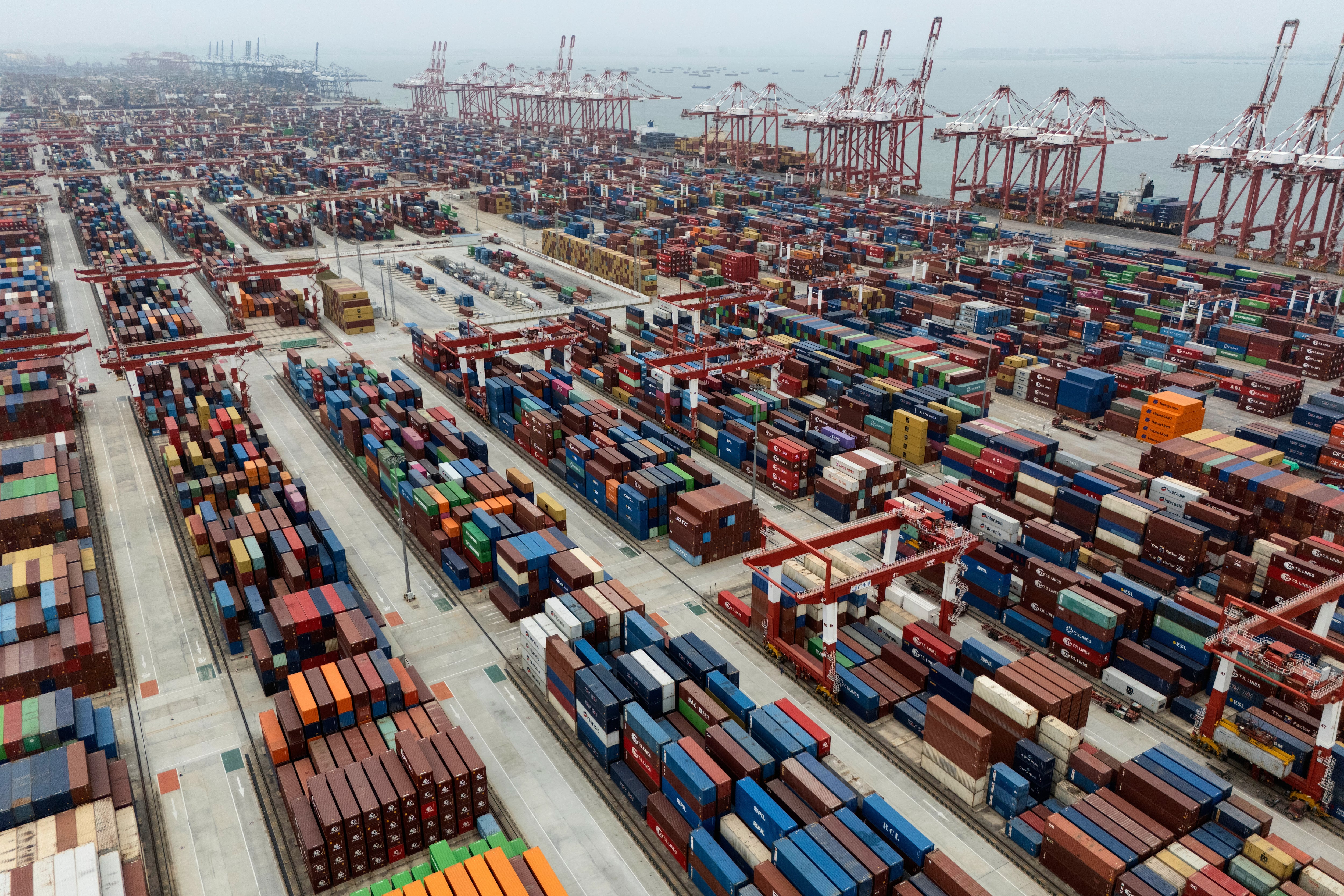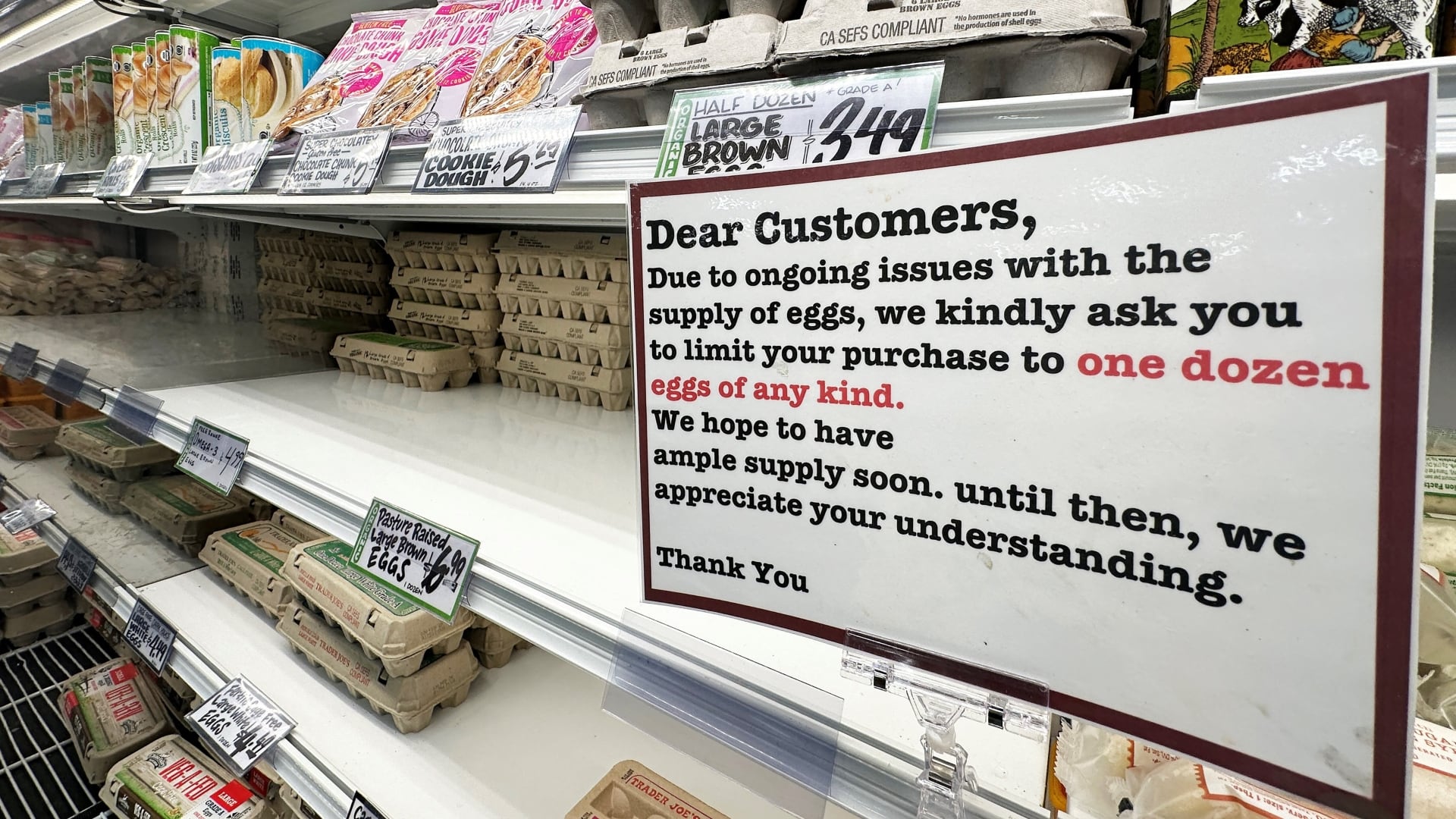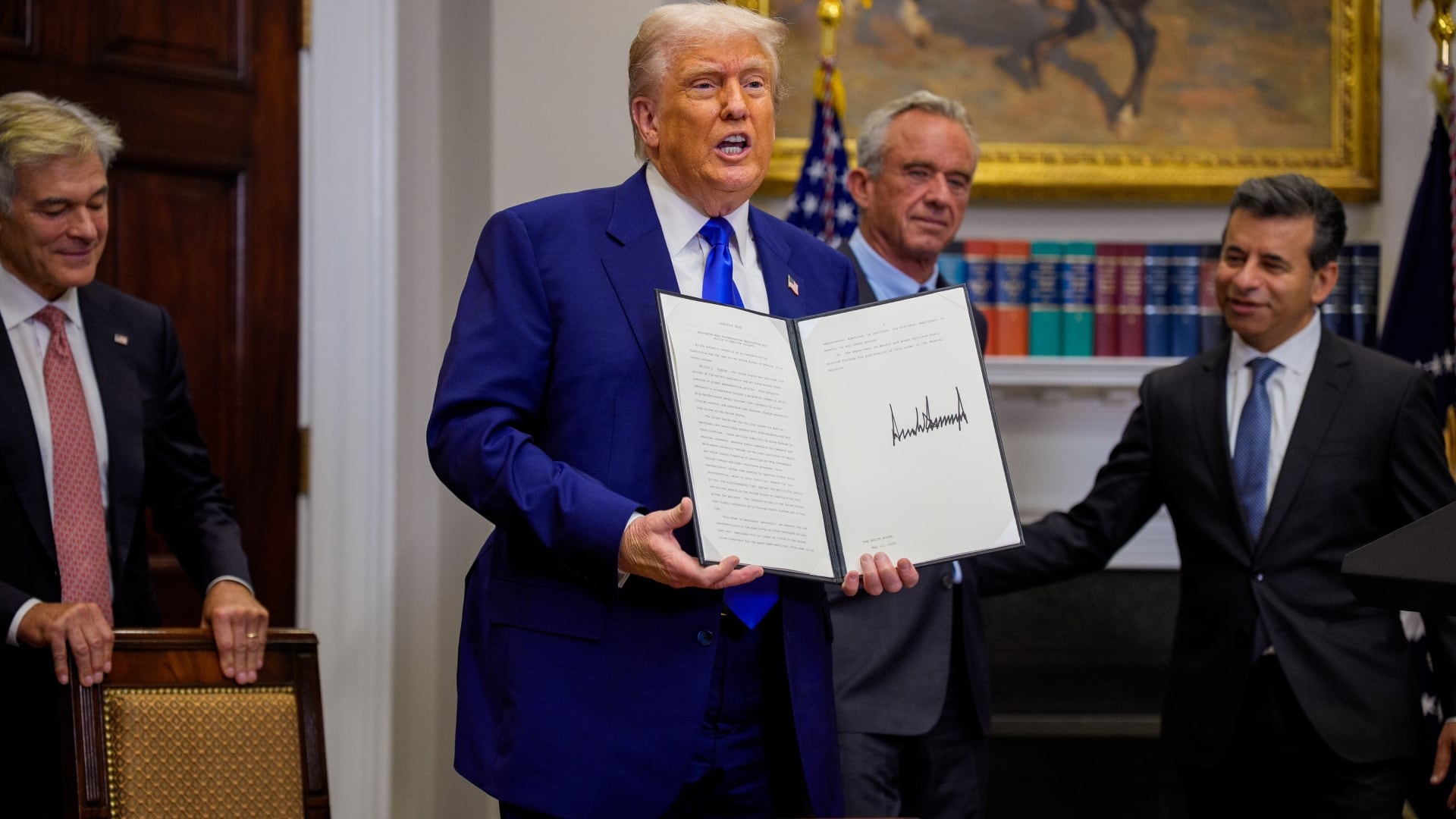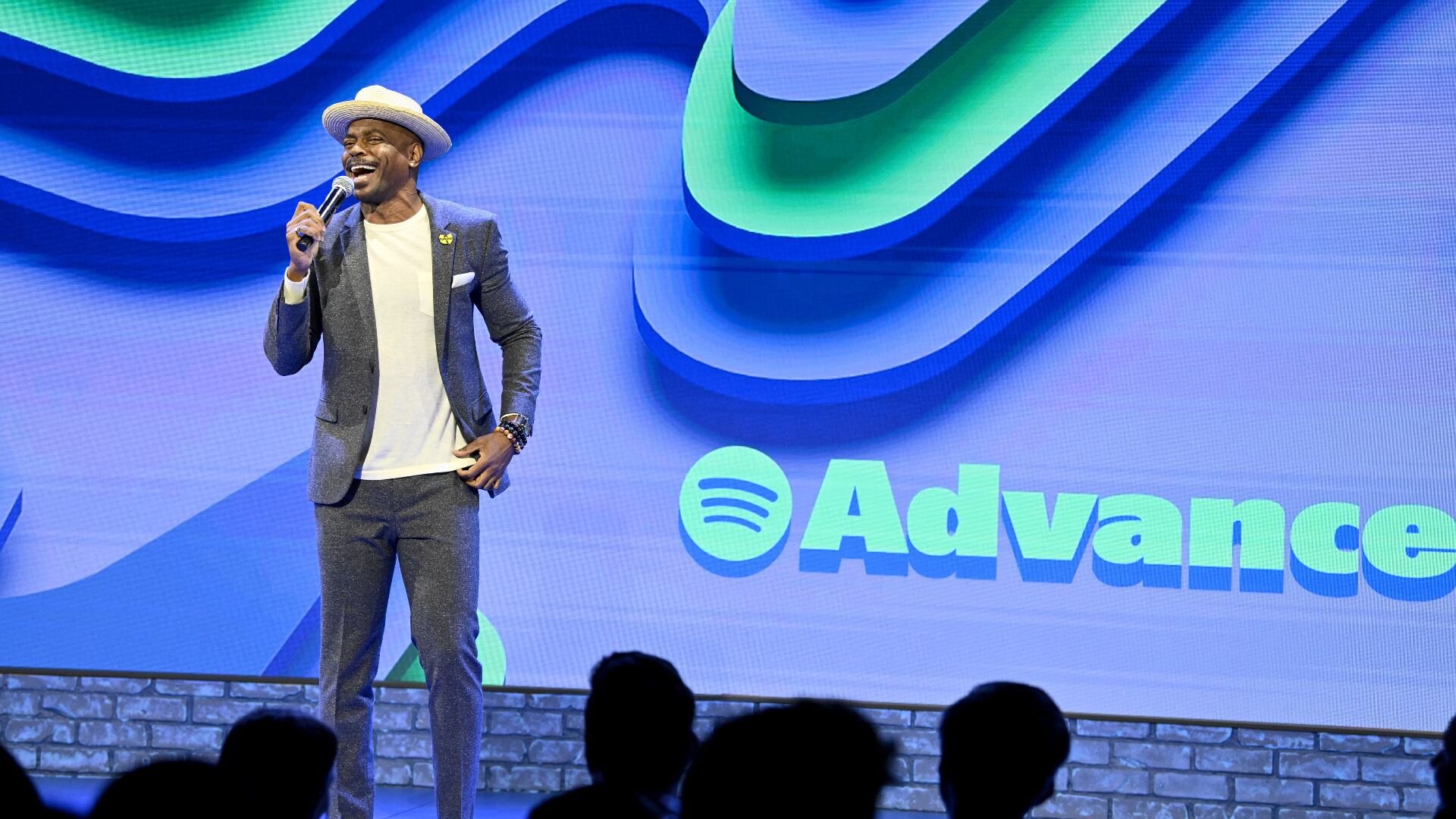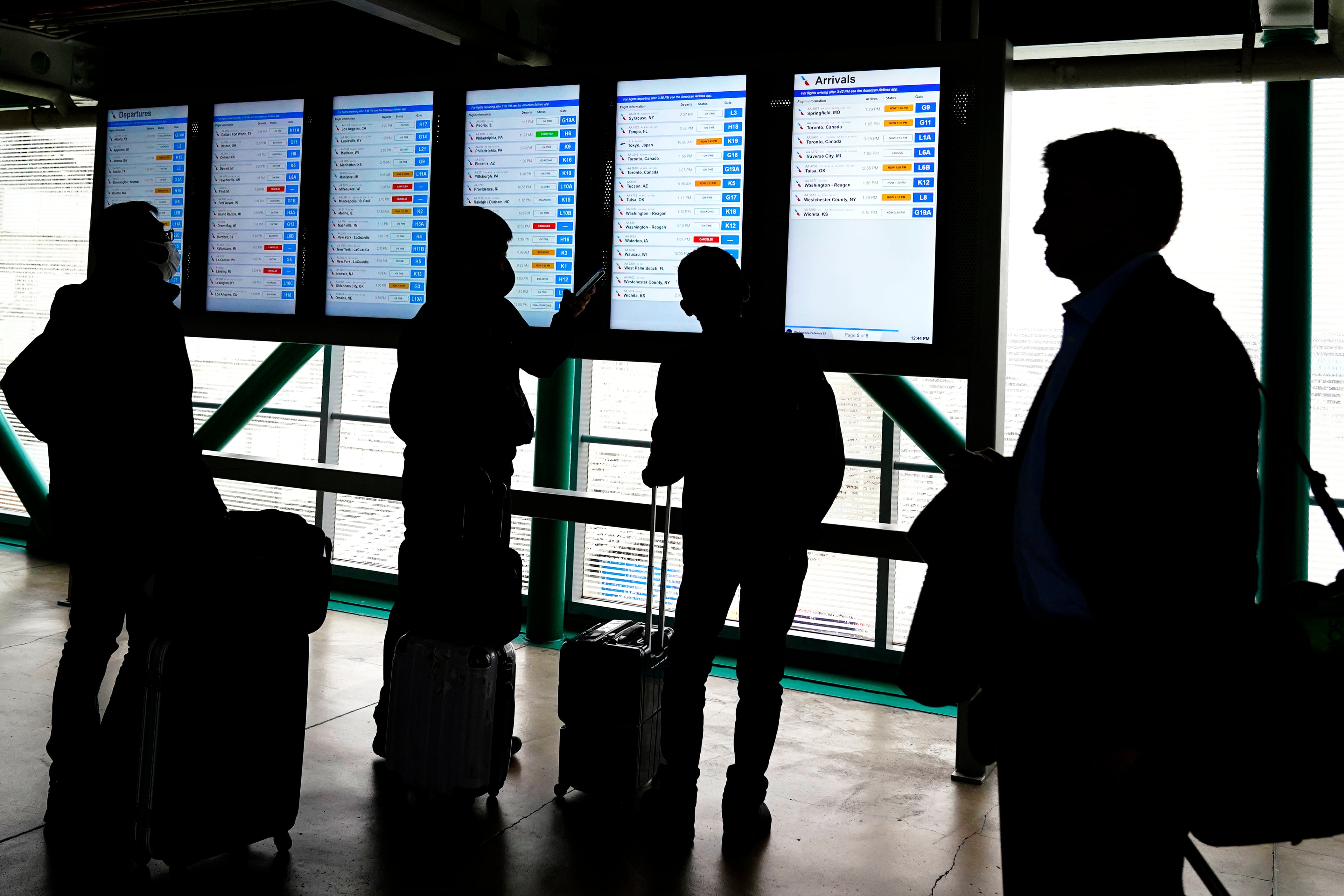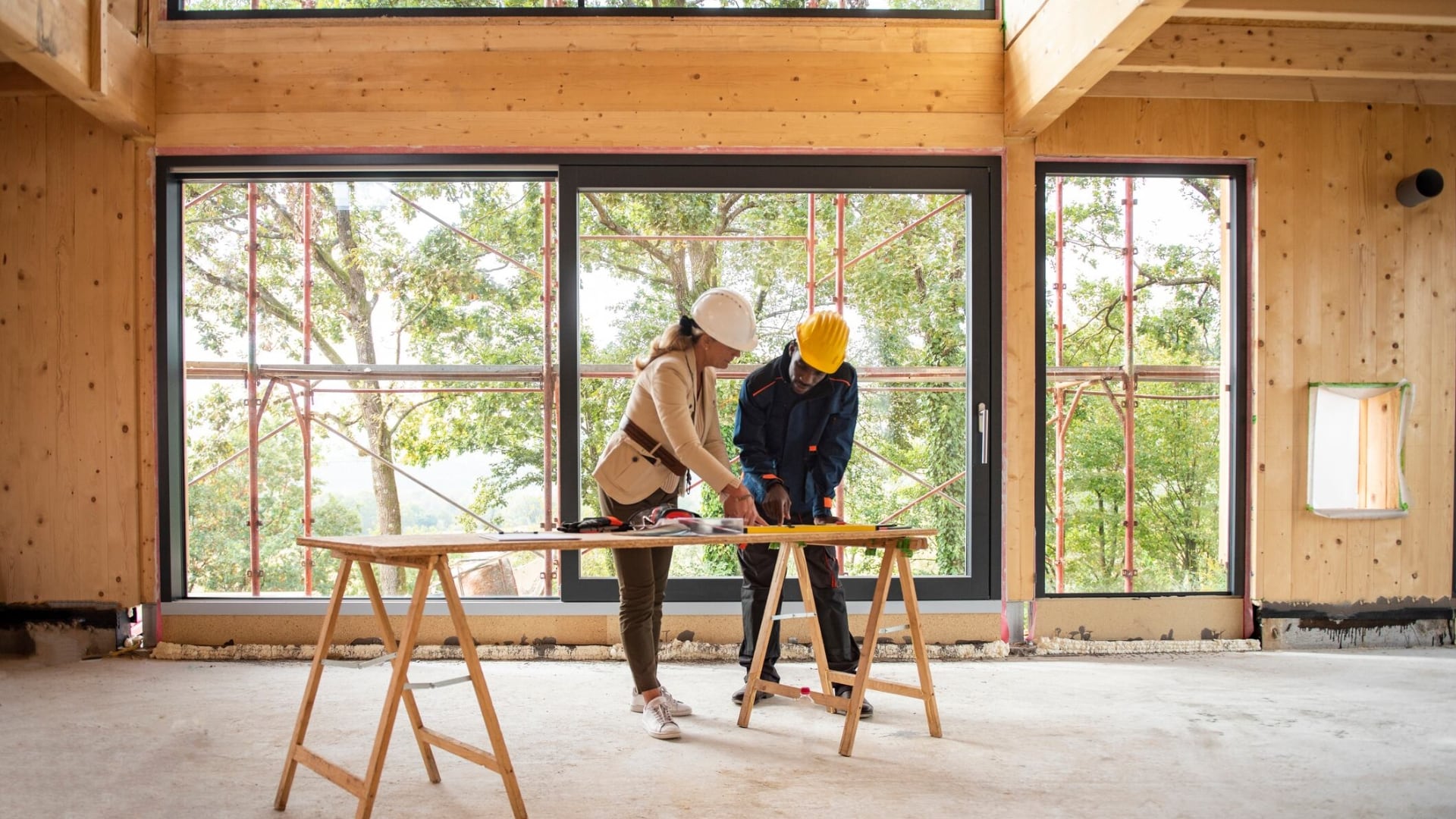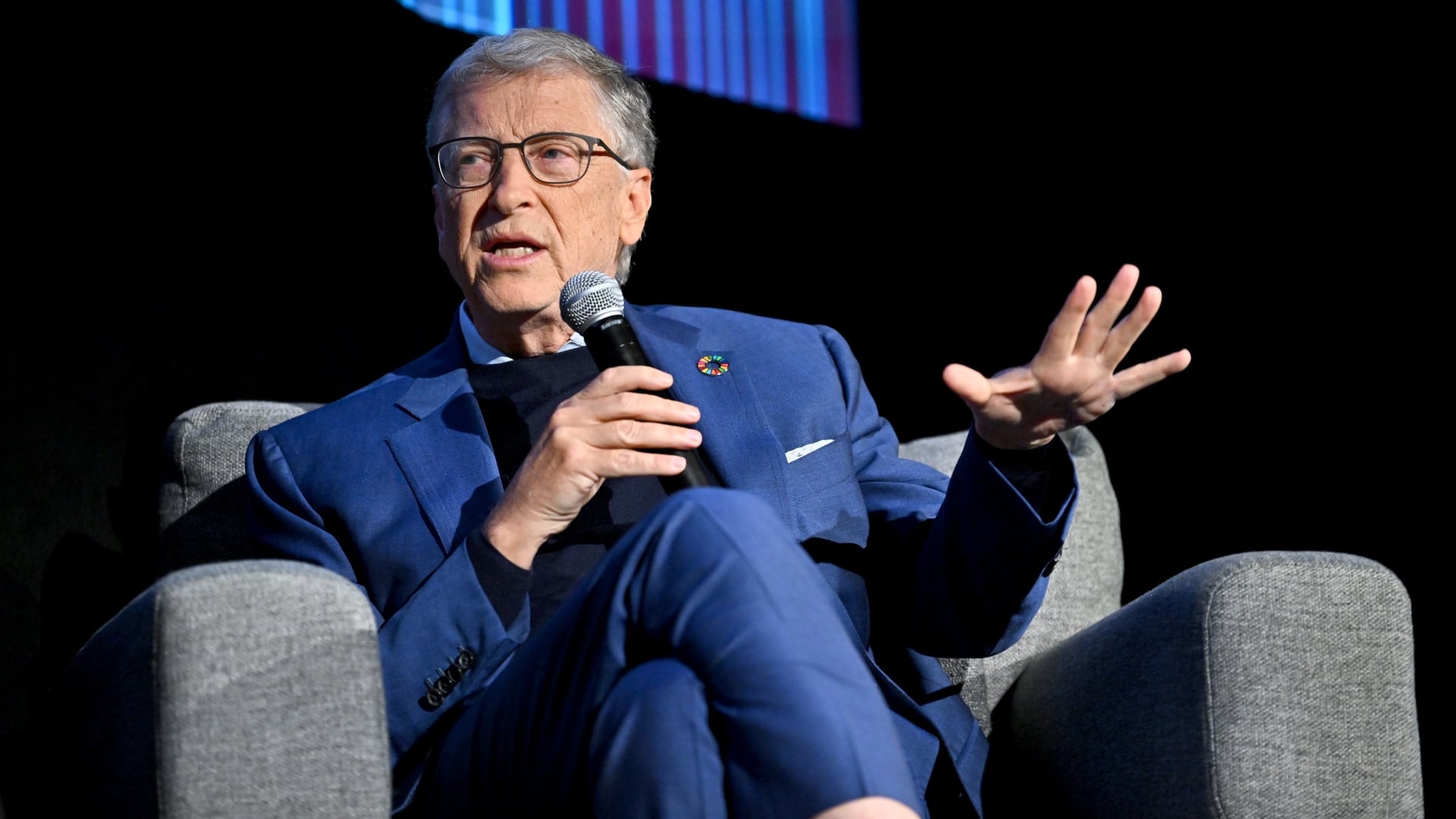Tile, the company once known for wanting to put a Bluetooth tracker on your keychain, hopes to integrate its technology into any device. Investors appear to be interested, if the $45 million raised last week is any indication.
"It was initially launched as something to help you find your keys. But since then, we've expanded to address that pain point for many other types of devices, like bags, and even beyond devices: pets, kids' jackets," Tile CEO C.J. Prober told Cheddar.
To date, the company has raised more than $104 million, according to Crunchbase, with the latest round of fundraising led by Francisco Partners, a private equity technology firm.
The San Mateo-based startup was founded in 2012. After laying off dozens of employees early last year, recent fundraising may offer a much-needed lifeline.
"The investment is going to help one of our big strategies, which is embedding Tile in third-party products," said Prober. "So anything that has a Bluetooth chip can be a Tile with a very simple software update."
Prober pointed to new product deals through which Tile is directly integrated into audio headset products, such as partnerships with Skullcandy and Bose. He added that more collaborations are in the works.
Despite the new direction, Prober — who was brought in as the company's newest CEO last September— said that Tile has not lost its focus on manufacturing its own devices: the light, square-shaped pods that users can attach to their valued items.
"We see an opportunity both to expand our own devices [and to] integrate into third-party products," he explained.
Tile saw its sales on Amazon Prime Day more than double compared to the previous year. Prober added that the company is also looking to expand internationally and noted that its business in Europe has jumped 160 percent since 2018.
"So far we haven't been impacted by tariffs, knock on wood. We do manufacture our products in China. So it's a situation that we're monitoring closely, but no impact to Tile to date," he said.

